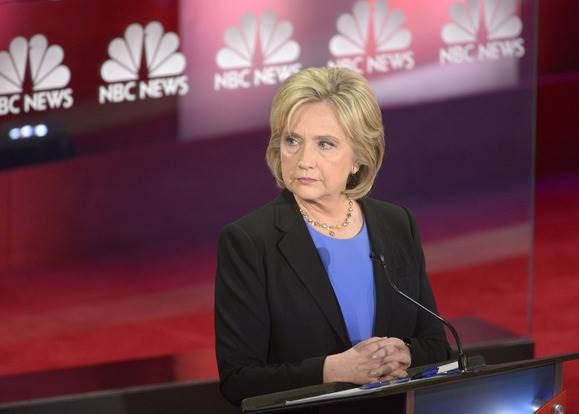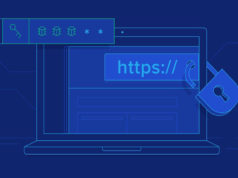Critics say WikiLeaks is helping hackers shape election coverage

Former Secretary of State Hillary Clinton appears during the “NBC News – YouTube Democratic Candidates Debate” on Jan. 17, 2016, at the Gaillard Center Theatre in Charleston, SC
Credit:
Virginia Sherwood/NBC
U.S. accusations that WikiLeaks is helping Russian hackers influence the upcoming election hasn’t stopped the controversial website from dumping emails allegedly stolen from a Hillary Clinton aide.
On Monday, WikiLeaks released an additional batch of 2,000 emails stolen from Clinton’s campaign chairman, John Podesta, which could fuel negative press coverage of her candidacy.
This came after the site dumped the first batch of emails last Friday, the same day U.S. intelligence agencies publicly blamed the Russian government for hacking the emails of U.S. officials and political groups earlier this year.
Allegedly, the Russian government wants to influence U.S. public opinion by leaking sensitive documents to sites including WikiLeaks. Independent security experts suspect that the hacking has been done to favor Clinton’s Republican presidential rival Donald Trump.
Although WikiLeaks hasn’t revealed its sources, the site claims to have over 50,000 emails taken from Podesta. The latest email dump contains information about Clinton’s Democratic primary opponent, Bernie Sanders, and an alleged feud between an adviser and Chelsea Clinton, among other topics.
The Clinton campaign hasn’t confirmed whether the batches of leaked emails are legitimate. Podesta himself has tweeted he has no time to “figure out which docs are real and which are faked.”
Nevertheless, the email dump is shaping media coverage of Clinton, with the more damaging files covering excerpts of private speeches she gave to financial firms. The emails even became a topic in Sunday’s second presidential debate, in which Clinton also blamed Russia for the hacking.
“Believe me, they’re not doing it to get me elected,” she said.
WikiLeaks, however, claims to have accurately vetted the stolen emails, without mentioning how. “Reporters should not let themselves be gamed by the Clinton campaign. There is no denial and we have a 100% record for accuracy,” the site said in a tweet.
WikiLeaks plans on dumping sensitive files relating to the U.S. election and other matters over the next 10 weeks.






